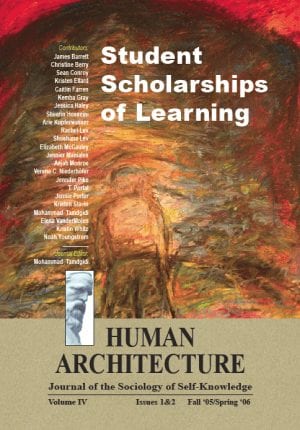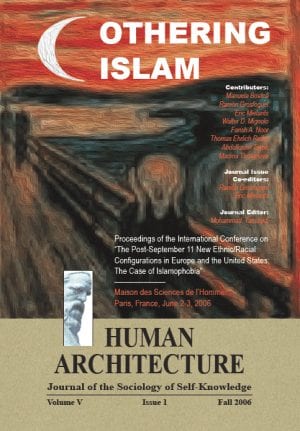Journal Article — The Struggle for Identity: Issues and Debates in the Emerging Specialty of American Psychiatry from the Late 19th Century to Post-WWII — by Kristen Ellard
$15.00
In this in-depth study, Kristen Ellard follows the story of the emergence of psychiatry is one of a struggle for professional and theoretical identity.
Description
Abstract
The story of the emergence of psychiatry is one of a struggle for professional and theoretical identity. Psychiatrists struggled to define themselves, their beliefs, and their specialty in the face of one of the most confounding phenomena of humankind, the derangement of the mind itself. The nature of mental illness has confounded humans from time immemorial, yet it is tempting to believe that from where we sit today, our current beliefs have finally arrived at a viable and rational solution to the problem. By looking backwards, however, and as the story of psychiatry can attest, beliefs about the nature and etiology of mental illness, and therefore the best way to deal with it, are inextricably linked with the climate of the times. The emergence of psychiatry as a profession occurred during a time in our history where an unprecedented faith was put in science and technology. It is not surprising, then, that an overwhelmingly organic view of mental illness has dominated psychiatry for most of its existence. However, it was also a time when the push for social reforms facilitated a greater examination of the role social and environmental forces play in human behavior, and this too was forced into the equation. In addition, psychiatry continued to struggle with the debate over mind and body—are they one in the same, or do they exist apart? And which deserves primacy?
With these theoretical questions as a backdrop, psychiatry was also fighting for its legitimacy as a profession; and for its exclusive jurisdiction over the treatment of the mentally ill. To accomplish this, they were forced to suppress the natural ambiguities inherent in a profession built on a foundation of speculation, and put forward the foot of self-proclaimed expertise, even if this expertise was questionable. They put their faith in the bedrock of medicine, a field highly respected by professionals and laypersons alike and perfectly suited for acceptability in an age of science. But to maintain their tenuous hold, they circled the wagons in tight, to the ultimate exclusion and subordination of other lines of research into the question of mental disorder. But this is the danger inherent in standing behind and fiercely defending theoretical positions—the complexity and subtle nuances of the problem get lost, and the tendency is to throw all one’s eggs in one basket. The danger in this, of course, is in putting too much faith in specific treatments that reinforce the theory one is defending, and this is where the patient, who should be the primary concern yet tends to get lost in the midst of professional posturing, potentially loses. This is a valuable lesson we can learn from the history of psychiatry, which is painfully illustrated in the treatments that came and went.
Recommended Citation
Ellard, Kristen. 2005/2006. “The Struggle for Identity: Issues and Debates in the Emerging Specialty of American Psychiatry from the Late 19th Century to Post-WWII.” Pp. 227-264 in Student Scholarships of Learning (Human Architecture: Journal of the Sociology of Self-Knowledge: Volume IV, Issues 1&2, 2005/2006). Belmont, MA: Okcir Press (an imprint of Ahead Publishing House).
The various editions of Student Scholarships of Learning can be ordered from the Okcir Store and are also available for ordering from all major online bookstores worldwide (such as Amazon, Barnes&Noble, and others).
Read the Above Publication Online
To read the above publication online, you need to be logged in as an OKCIR Library member with a valid access. In that case just click on the large PDF icon below to access the publication. Make sure you refresh your browser page after logging in.








